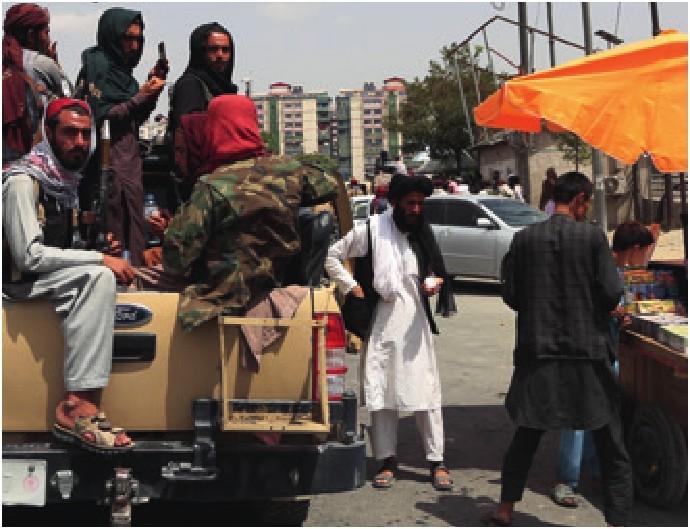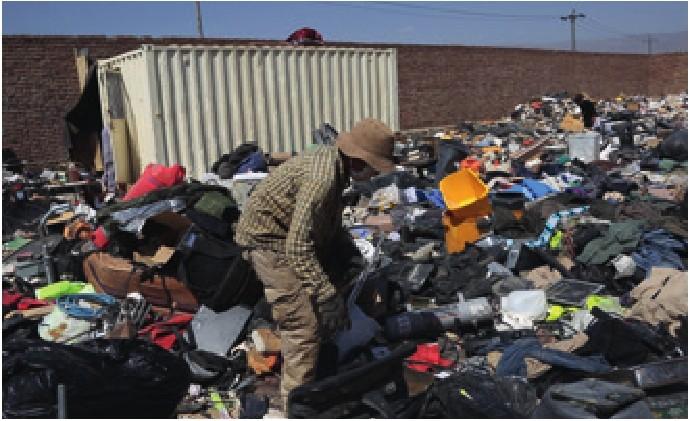Afghanistan U-Turn
By Zhong Cheng


The situation in Afghanistan is beyond anyones imagination. The Taliban made a lightening advance to dethrone the countrys Western-backed government on August 15, bringing an end to a two-decade campaign in which the U.S. and its allies had tried to transform Afghanistan.
The government security forces collapsed or fled, ahead of the planned withdrawal of the last American troops at the end of August. A state of fear and panic swept Kabul after the Taliban takeover became imminent, triggering a massive effort to airlift Western diplomats and nationals seeking to leave the country. UN Secretary General António Guterres called on the Security Council to use all tools at its disposal to suppress the global terrorist threat in Afghanistan and guarantee that basic human rights will be respected.
How it began
The surge began in April, when the U.S. and NATO announced they would end their military presence and bring the last of their troops home. U.S. President Joe Biden announced that American forces would finish the longest American military mission by August 31. He said, “We didnt go to Afghanistan to build a country, and it is the Afghan peoples sole right and responsibility to decide their future and how they want to run their country.”
The U.S. started war against Afghanistan in October 2001 to hunt Al Qaeda leader Osama bin Laden, the culprit of the September 11 terrorist attacks on America. However today, terrorist forces in Afghanistan remain rampant and peace still hasnt come. Who could have predicted or even imagined that after 20 years of war in Afghanistan, the Taliban would be more entrenched than ever in the country and gain international legitimacy, which was denied to the group when the U.S. decided to topple its regime for its refusal to hand over bin Laden?
The longest war in U.S. history has cost more than $2 trillion, claimed 170,000 lives, including 2,400 U.S. troops.
The hasty withdrawal of the U.S. and NATO troops marks the failure of the U.S. policy toward Afghanistan. It also presents an opportunity to recognize the covert aims of the U.S. acting under the banner of nation-building, human rights or advancing democracy.
Facts have once again proved that it is difficult to gain a foothold in a country with a completely different history, culture and national conditions by mechanically copying foreign models. A regime cannot stand without the support of its people, and using military means to solve problems only causes more problems.

